For many Americans, tax season is one of, if not the worst, times of the year. Everyone finds the process incredibly frustrating, but some try to find ways to manipulate the process and pay less than they owe.
The IRS (Internal Revenue Service) recently announced it will crack down this year on those who try to get away with paying less on their taxes, specifically high-income individuals and giant corporations that should be paying a lot more.
The IRS Is Coming for Corporations

Americans have become increasingly frustrated, as it’s become inherently clear that many US corporations have been skirting their taxes for years. In fact, one study showed that 55 of America’s largest companies paid absolutely no income tax in 2020, though they received nearly $3.5 billion in tax rebates.
In response to this new information, the IRS released a statement explaining that it plans to make some big changes in 2024: The federal organization will use AI to identify corporations that are avoiding paying taxes.
The Ultra-Wealthy Are Also on the IRS Radar

The IRS also plans to use AI technology to ensure that the growing population of ultra-wealthy Americans pays their fair share in taxes this year.
While some people don’t file at all, the majority of America’s billionaires and millionaires are sneakier than that. They do file as everyone else does, but they intentionally leave out significant portions of their income or add extra deductions that never occurred.
How Do Wealthy Americans Avoid Paying Taxes?

Understanding the inner workings of the US financial and legal systems is exceptionally challenging for the average American. However, the country’s multi-millionaires and billionaires have established several successful ways to manipulate those systems and avoid paying taxes every year.
On a smaller scale, some people take advantage of the deduction system by adding private flights on corporate jets and making large charitable donations to their own foundations. But there are truly dozens of ways for high-income individuals to avoid taxes, such as keeping their money in stock options or IRAs or investing in the oil or gas industry, which can all but eliminate their excessive incomes through tax breaks.
Some of These Tactics Are Technically Legal
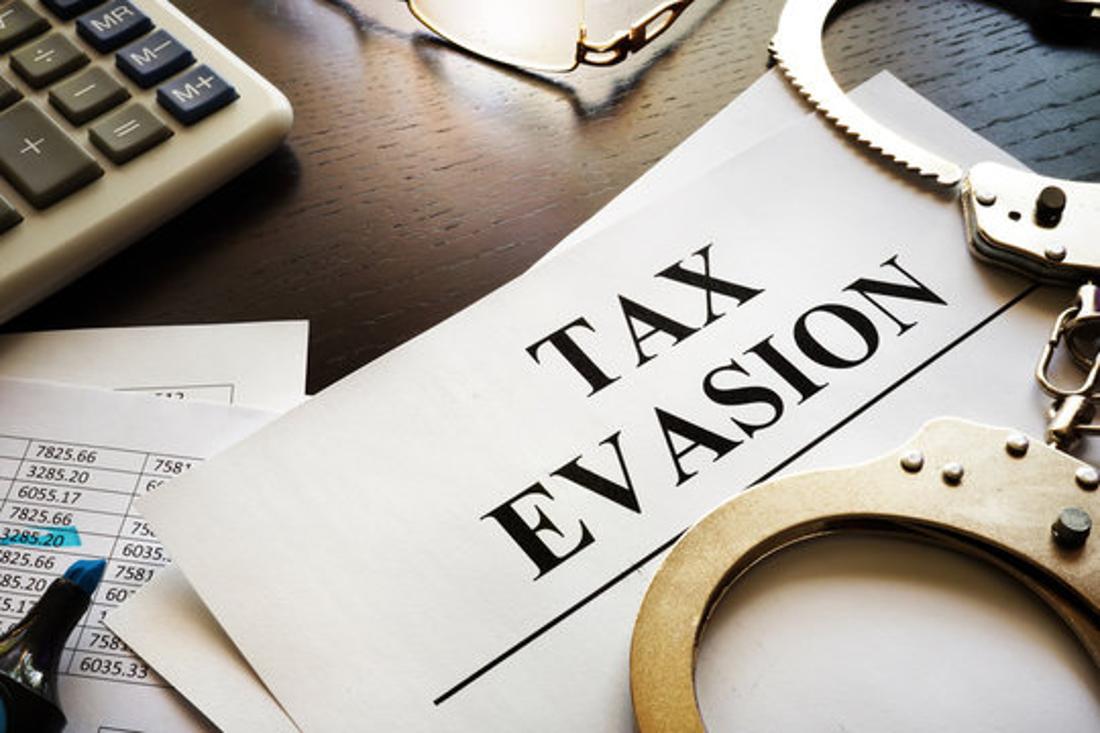
It’s important to understand that some of these tactics are perfectly legal, but others are not, and many more are somewhere in between.
While the IRS can’t do much to force the ridiculously wealthy and giant corporations to stop using legal tactics to avoid taxes, it can take a harder line on those who are using illegal or even controversial practices.
The IRS Isn’t Turning a Blind Eye Anymore
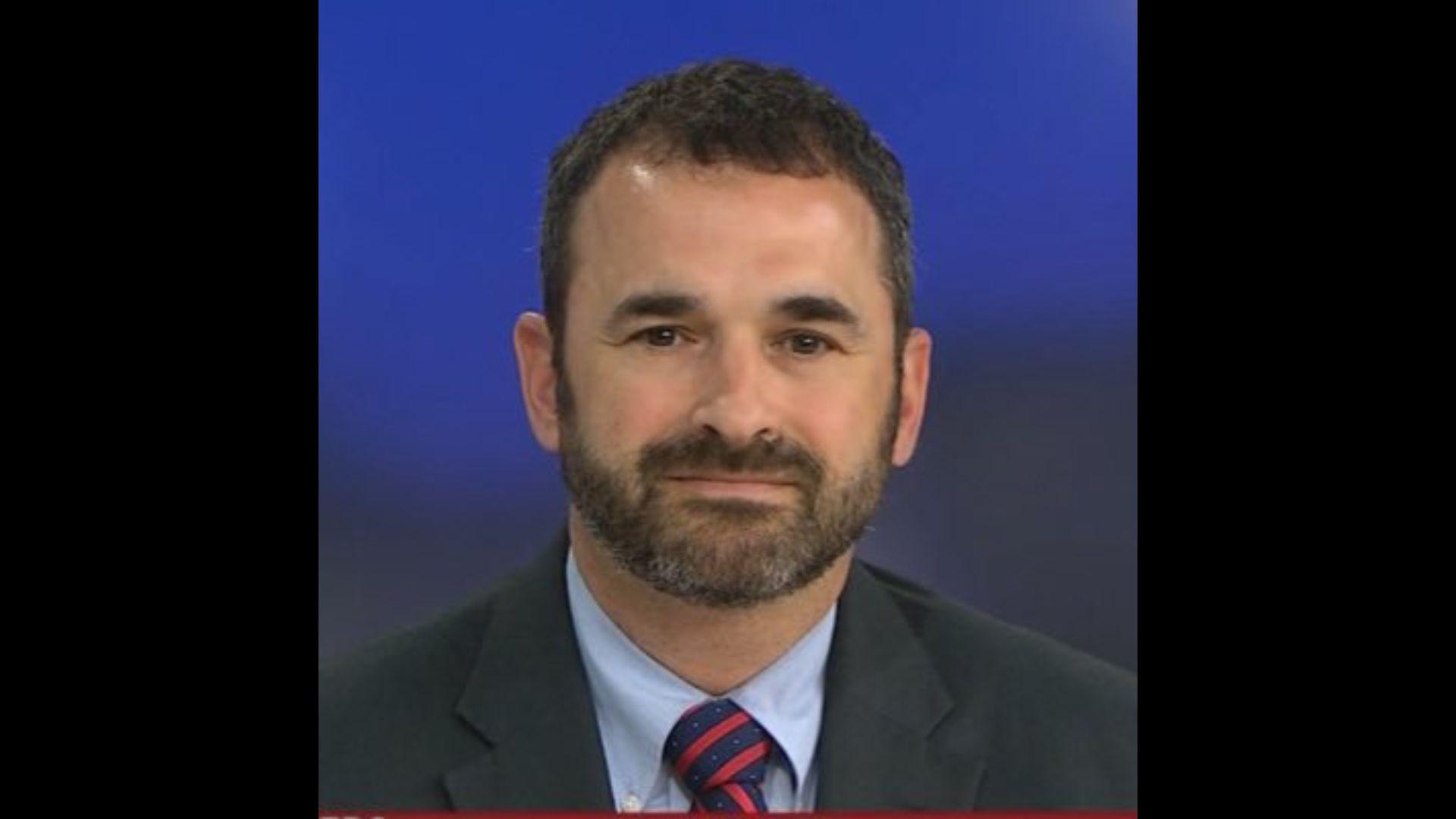
Commissioner of the IRS, Danny Werfel, told The Associated Press that his organization has big plans for 2024, especially when it comes to cracking down on high-income tax avoiders.
Werfel explained, “The IRS is ramping up our scrutiny, and I think that will inevitably result in more compliance.”
Looking At Private Jets

There are many different ways the IRS is looking to track what wealthy filers are doing when it comes to their taxes. According to Werfel, wealthy people and corporations often try to trick the IRS when it comes to their private jets.
This led Werfel to state that “many corporations are sloppy with their bookkeeping” when it comes to these jets.
Tracking Down Non-Filers
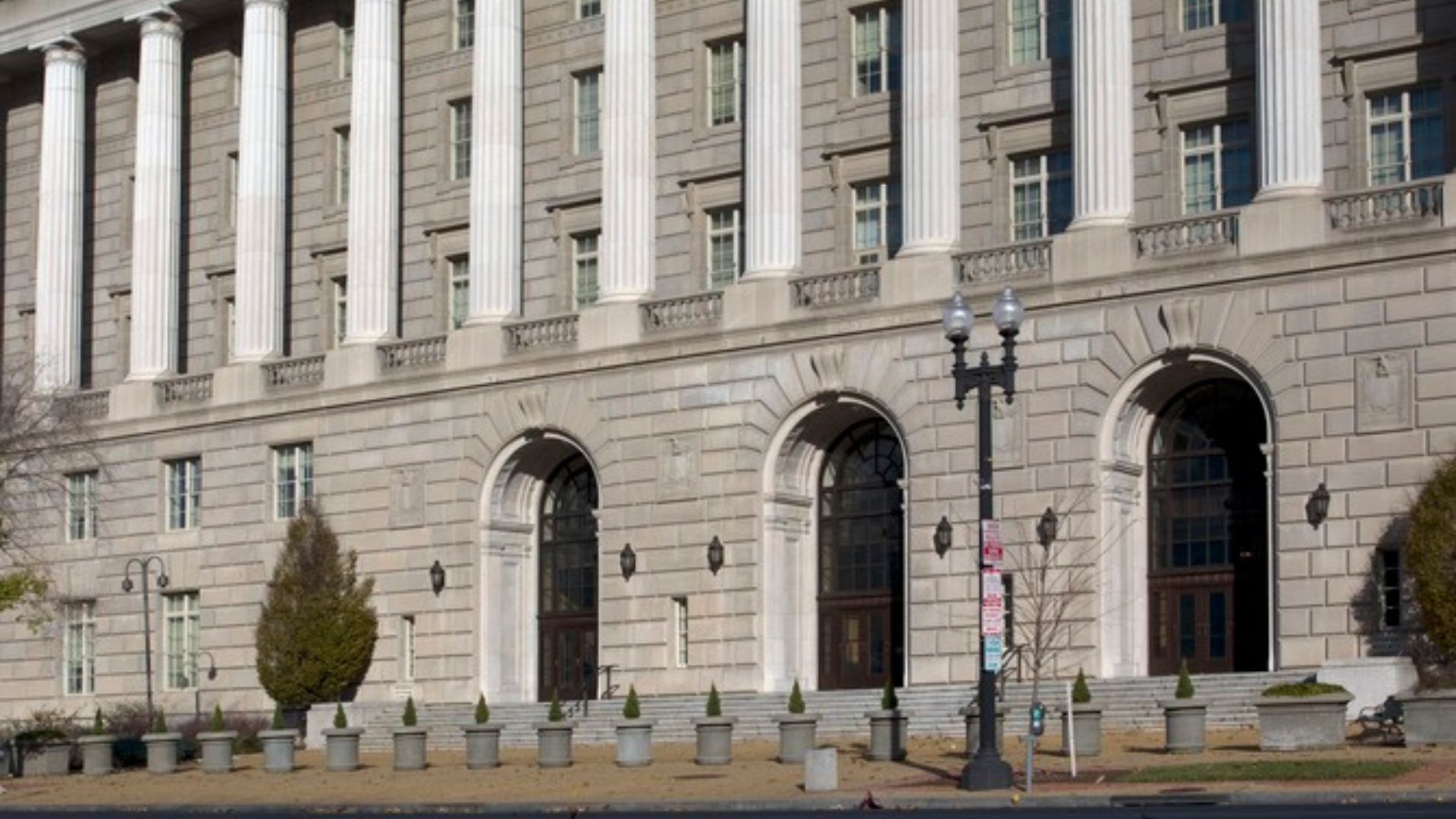
The IRS is also looking to crack down on those who don’t file their taxes, starting with the ultra-wealthy. The agency is looking to go after those who haven’t filed since 2017.
This move has resulted in the IRS beginning to send out letters to these wealthy Americans. According to the agency, those who make anywhere from $400,000 and up — and even $1 million and up — annually and don’t file their tax returns will be targeted first.
Immediate Action Is Needed

These letters will tell wealthy non-filers that “immediate action” is needed to help them avoid even more penalties.
Normally, those who do not file their taxes receive a penalty of 5% of the amount owed, per month, for each month the filing is late. However, this penalty is capped at 25% of the total tax bill. A penalty on interest is also attached.
Getting Away With Not Paying Taxes

Unfortunately, it appears that many wealthy people have gotten away with not paying taxes recently. The non-filer program that sends out these letters hasn’t been running consistently since at least 2016.
Now, however, Werfel is hoping to change that. “If someone hasn’t filed a tax return, this is the time to make it right,” Werfel stated.
The IRS Is Trying to Change Is Infamously Bad Reputation
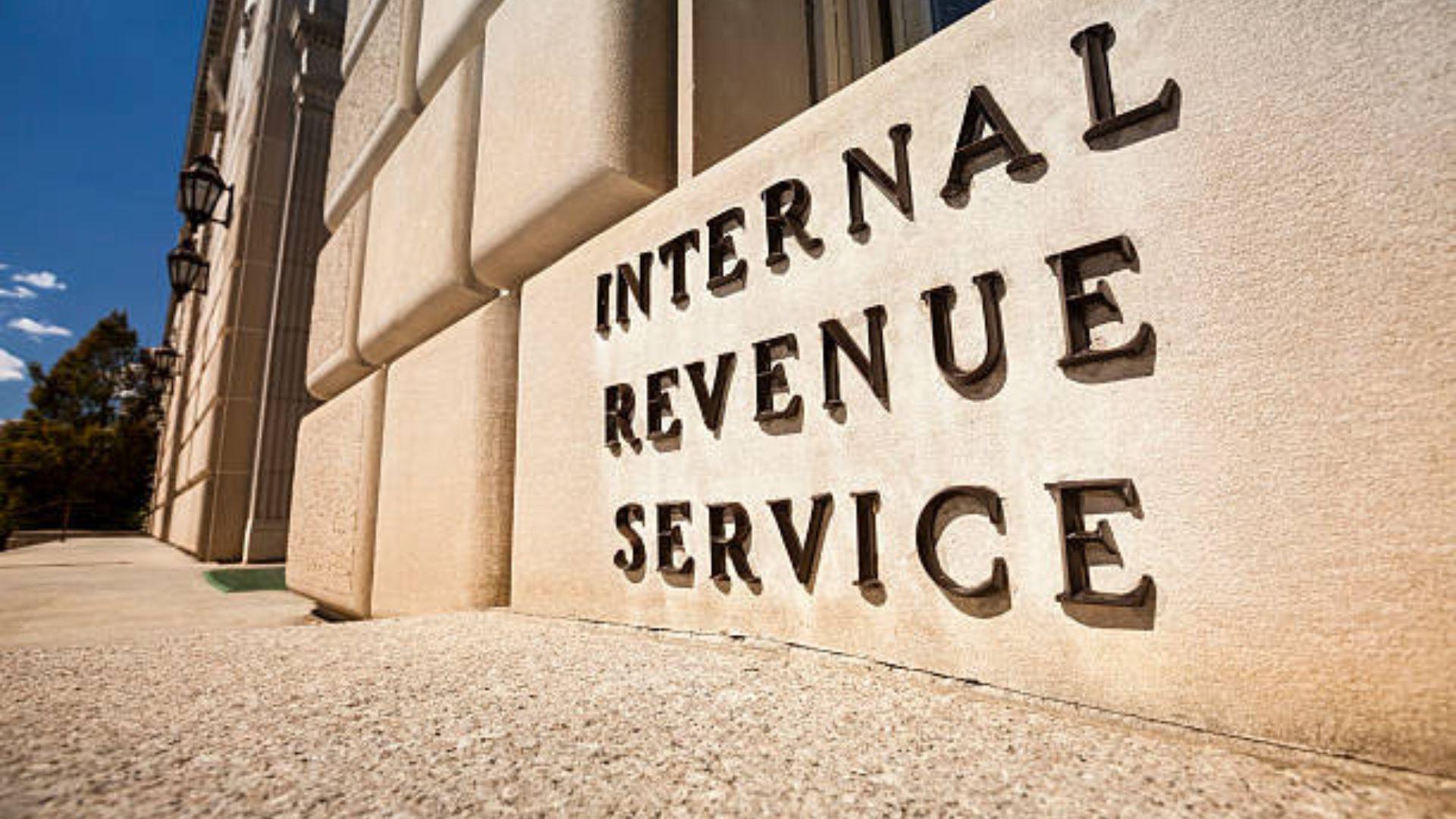
Commissioner Werfel also told the AP that he and the entire IRS understand that they are “iconically unpopular” among Americans. And that his goal is to implement real and lasting change to the system and, hopefully, enable Americans to trust the IRS.
Of course, ensuring that America’s billionaires and corporations pay their fair share is a great first step, but the IRS has other plans to improve its reputation.
Filing Your Taxes Shouldn’t Cost Money

One of the biggest complaints among Americans is that they have to pay either a service or a person to do their taxes every year. As a requirement from the US government, people don’t believe they should have to foot the bill.
There are certainly some free tax platforms, such as TurboTax, but once someone’s income or investments get even moderately more complicated, they are forced to pay an additional fee.
IRS Direct File Is Up and Running
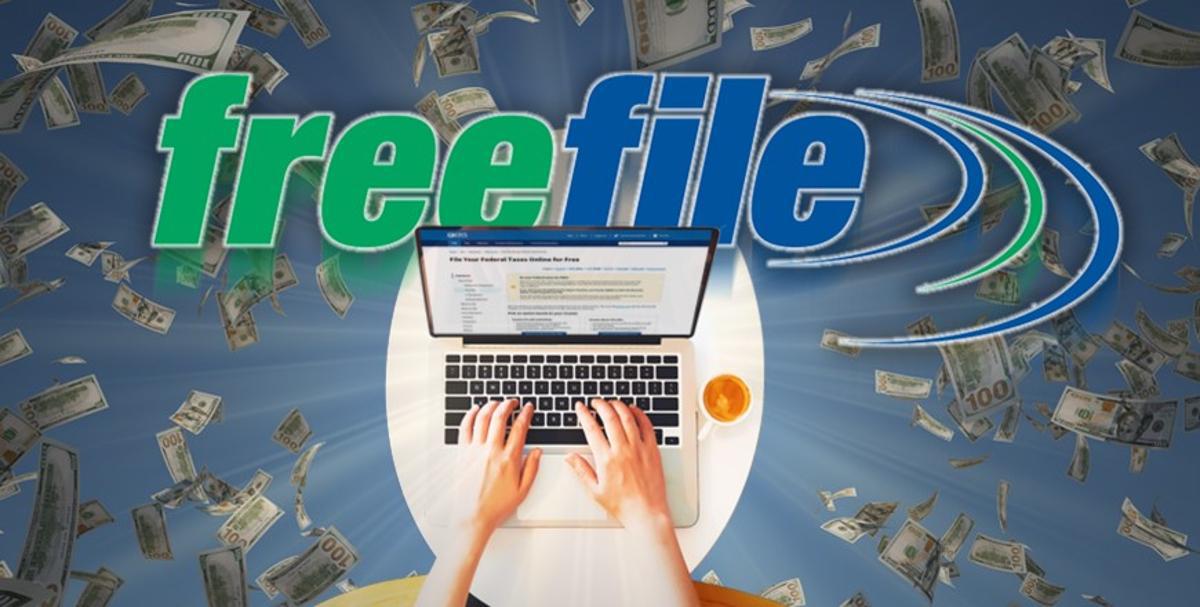
In response to this common complaint, the IRS created and released its own online filing platform that is free for every American to use. Although it’s currently only available in 12 states, Werfel believes that this is a great step in repairing the relationship between Americans and the IRS.
Werfel says, “People are telling us that they found it to be quick and easy, and everyone certainly loves that it’s free.”
Direct File Update

Direct File hasn’t been without a few issues, though. With only one week before the April 15 deadline, the IRS announced an “important update” had been done on the program.
According to the IRS, this update has to do with verifying returns prior to filing, and asking users important details to get this process done.
Filing Issues

There had been some problems users were having with Direct File, as these returns evidently weren’t being successfully completed.
This was because there wasn’t an easy way for users to accurately import verification information from past tax years. Normally, other tax software allows people to add this information manually, if it doesn’t do it for them automatically.
Direct File Improvements

Now, this update has worked on this issue. Users can import their verification information using either their previous year’s adjusted gross income or by using the previous year’s temporary pin. They can do this through their IRS account.
Thanks to this update, the IRS is confident that these common errors won’t appear now when Americans utilize their Direct File program.
Who Can Use Direct File

Only some Americans can use Direct File to their benefit. So far, this program is only available to those who have rather simple taxes, such as those with Form W-2 wages or Social Security retirement income.
Therefore, those who are considered gig or self-employed workers will not be able to use Direct File.
The IRS Will Now Be “More Accessible”

In addition to the new free DirectFile platform, Wefel also explained that the IRS plans to be more accessible to the American people this year than it has been in the past.
He told AP that the focus for 2024 is “being accessible, answering the phones, keeping our walking centers open, and updating our website so that people can do things more with the IRS without ever leaving their smartphone or their tablet.“
The IRS Is Hiring 20,000 New Employees to Make These Changes Happen

Just one week after announcing its plan of attack on corporations and wealthy Americans who are trying to avoid paying taxes, the IRS hired a whopping 3,700 new employees.
That’s after hiring 4,000 new employees in 2022, and they still plan to hire tens of thousands more in the coming years. But while this influx of employees will help the IRS crack down on tax evaders and be more readily available to all Americans throughout tax season, it will also cost the federal government an almost unbelievable $80 billion.
The IRS Wants to Remind Americans That April 15th Is Right Around the Corner
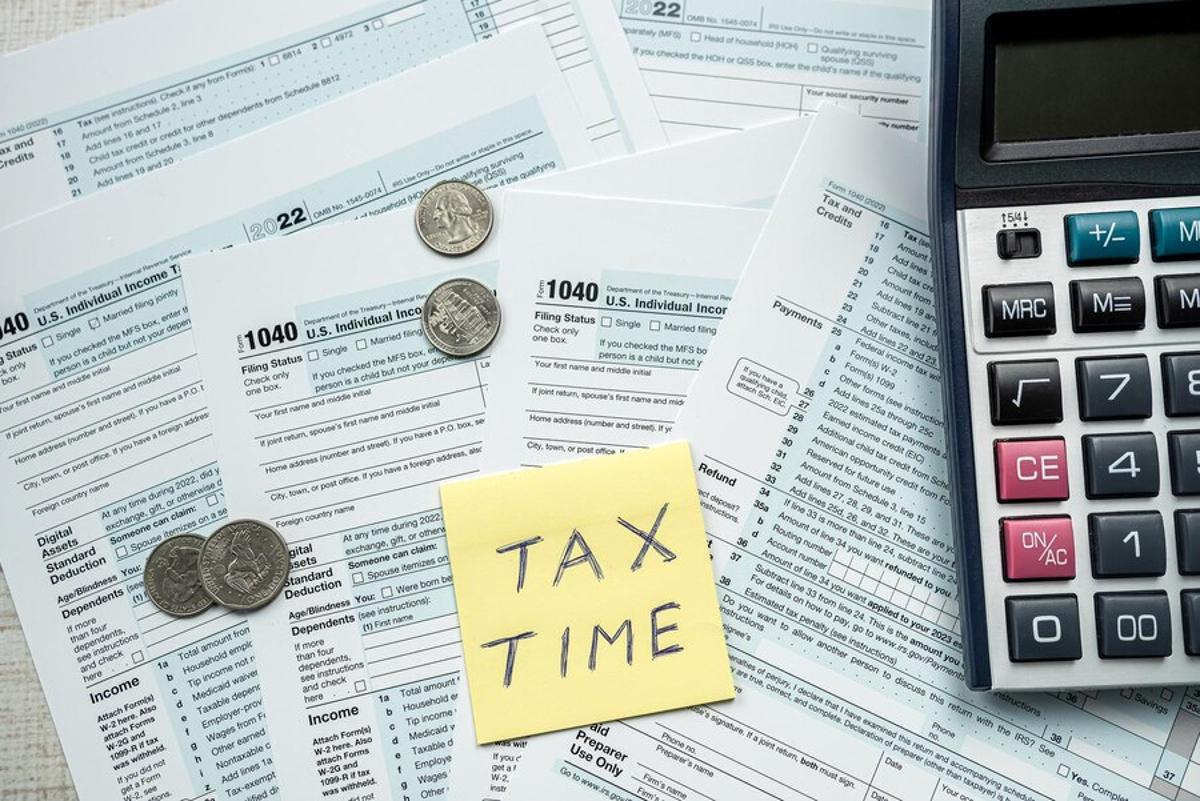
Whether one agrees with President Biden’s approval of the new IRS budget or the organization’s changes to its policies, the IRS wants every American, rich or poor, to remember that April 15, 2024, is right around the corner. And they absolutely have to file and file correctly.
For those who don’t file or choose to lie and attempt to skirt some of their taxes, the IRS will be coming for you this year, and they have the money to do so.
Political Criticisms
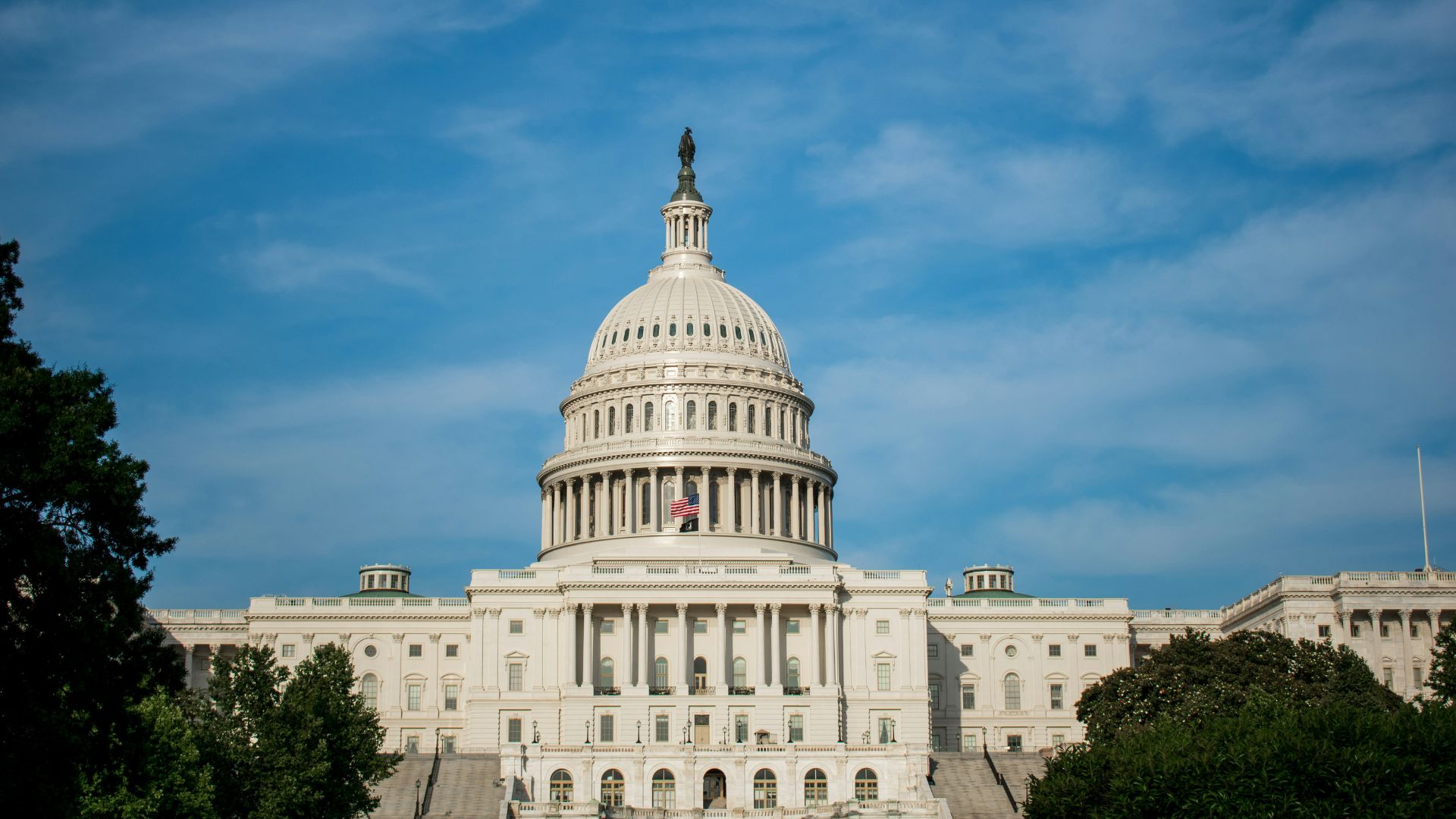
The IRS has long been despised by many parts of American society. Recently, they’ve faced a lot of criticism from Republican politicians who have said the IRS is going after middle-class people.
According to these conservatives, the IRS is using their new hires to go after regular, honest people. “We are not,” Werfel explained. “We are hiring phone assisters armed only with phone headsets. We’re hiring accountants armed only with calculators.”
Republican Attacks
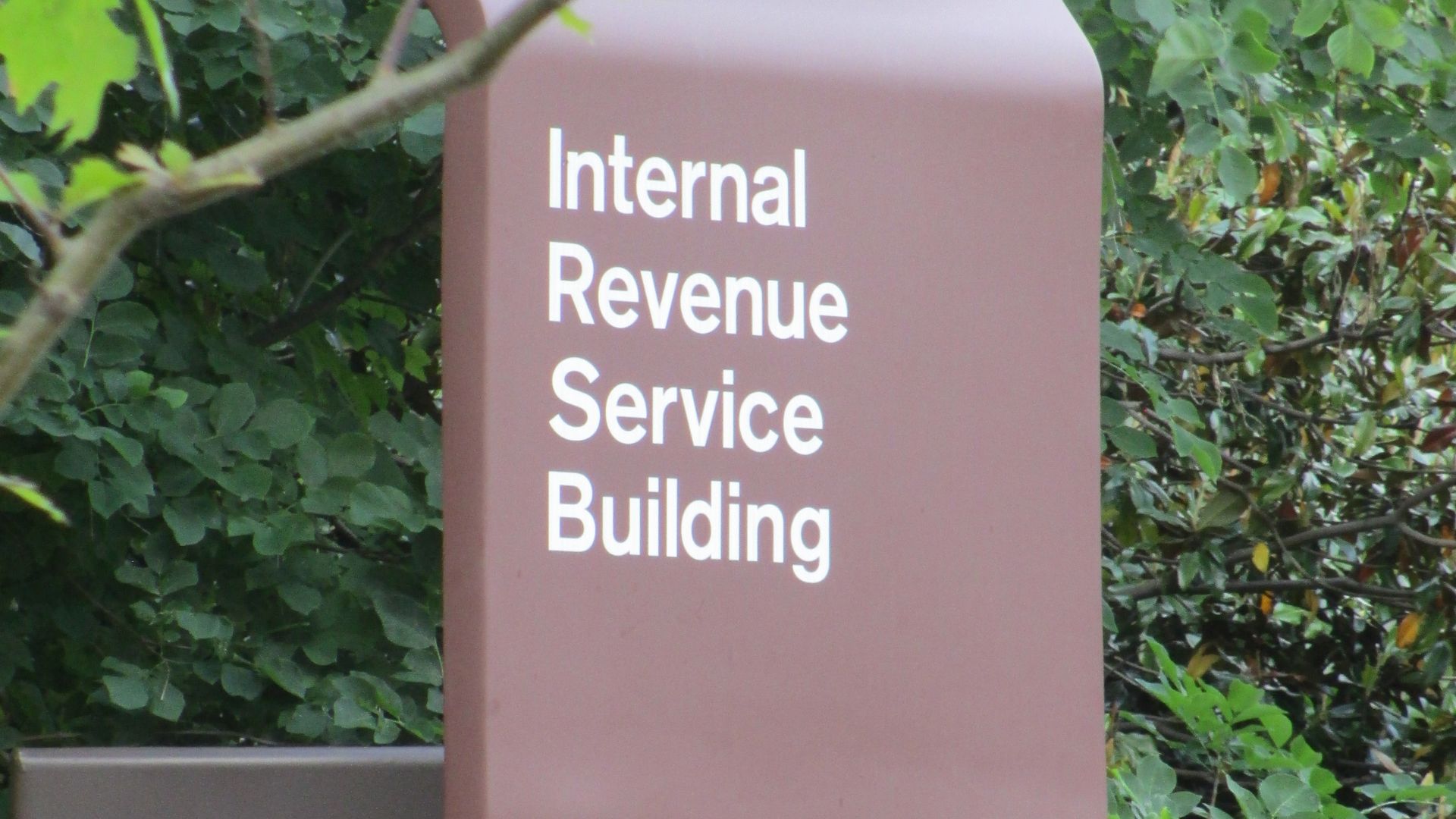
Recently, many Republicans have amped up their attacks on the IRS. Some have even called for the whole agency to be completely abolished.
Most of this criticism has come from conservatives because Democratic lawmakers have tried to give more money to the struggling agency. In some ways, these Republicans have been successful, as they’ve gotten Democrats to agree to a $20 billion IRS cut.
Auditing the Wealthy

Historically speaking, the wealthy and America’s large corporations aren’t audited at a high rate when compared to regular working-class citizens. The IRS is attempting to change this.
In 2019, only 0.7% of taxpayers earning more than $1 million were audited. By comparison, in 2011, this rate was 7.2%. As the IRS is working to pay closer attention to the wealthy, this rate could rise.
